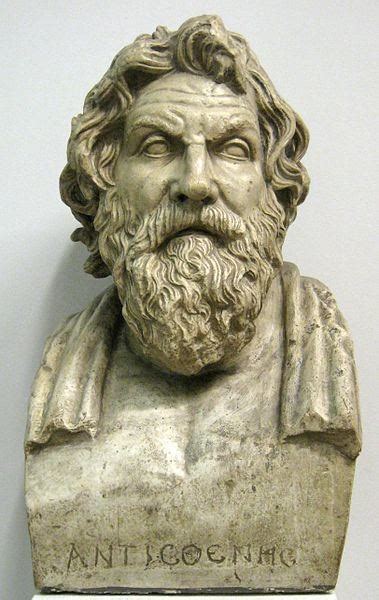A Quote by Aristotle
The poet, being an imitator like a painter or any other artist, must of necessity imitate one of three objects - things as they were or are, things as they are said or thought to be, or things as they ought to be. The vehicle of expression is language - either current terms or, it may be, rare words or metaphors.
Related Quotes
Shakespeare possesses the power of subordinating nature for the purposes of expression, beyond all poets. His imperial muse tosses the creation like a bauble from hand to hand, and uses it to embody any caprice of thought that is uppermost in his mind. The remotest spaces of nature are visited, and the farthest sundered things are brought together, by subtle spiritual connection. We are made aware that magnitude of material things is relative, and all objects shrink and expand to serve the passion of the poet.
One painter ought never to imitate the manner of any other; because in that case he cannot be called the child of nature, but the grandchild. It is always best to have recourse to nature, which is replete with such abundance of objects, than to the productions of other masters, who learnt everything from her.
Language is the primary way we communicate with each other, and we have really strong feelings about what words mean, and about good language and bad. Those things are really based on sort of an agglutination of half-remembered rules from high school or college, and our own personal views on language and the things we grew up saying, the things we grew up being told not to say.
The impossibility of separating the nomenclature of a science from the science itself, is owing to this, that every branch of physical science must consist of three things; the series of facts which are the objects of the science, the ideas which represent these facts, and the words by which these ideas are expressed. Like three impressions of the same seal, the word ought to produce the idea, and the idea to be a picture of the fact.
There is this tendency to think that if you could only find the magic way, then you could become a poet. "Tell me how to become a poet. Tell me what to do." . . . What makes you a poet is a gift for language, an ability to see into the heart of things, and an ability to deal with important unconscious material. When all these things come together, you're a poet. But there isn't one little gimmick that makes you a poet. There isn't any formula for it.
This is what writers mean when they say that the notion of cause involves the idea of necessity. If there be any meaning which confessedly belongs to the term necessity, it is unconditionalness. That which is necessary, that which must be, means that which will be, whatever supposition we may make in regard to all other things.
[Necessity is] the sum of all things, which being now existent, conduce and concur to the production of that action hereafter, whereof if any one thing now were wanting, the effect could not be produced. This concourse of causes, whereof every one is determined to be such as it is by a like concourse of former causes, may well be called (in respect they were all set and ordered by the eternal causes of all things, God Almighty) the decree of God.









































